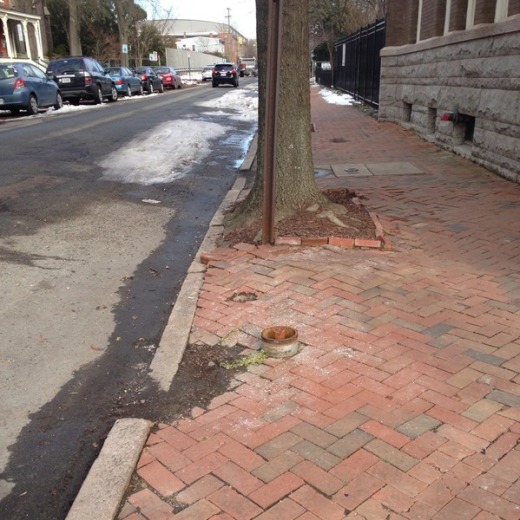From the press release:
On Saturday, July 16, Richmonders will once again take to the James River for the 6th Annual James River Splash & Dash, presented by Swedish Match and sponsored by Riverside Outfitters. The event, a fundraiser for the James River Association, features a one-of-a-kind 6k trail run or 1 mile walk on Belle Isle followed by an inner tube race across the James ending at Historic Tredegar.
This year a new 1 mile walk option has been added for participants not up to completing a 6k, but still want to participate in the event.
Participants should be ready to have fun, get wet, and navigate an uneven trail with obstacles of all kinds, including rocks, roots, and mud. An after party at the finish line includes live music from Downriver, BackTrack and Sturgeon City, beverages from Hardywood Park Craft Brewery, and food from RVA Street Foodies featuring Richmond’s best food trucks.
Racers age 10 and up are encouraged to participate. Registration is $50 per person, which includes an event t-shirt and beverage ticket.
To register for the event or to learn more about the James River Splash & Dash, presented by Swedish Match and sponsored by Riverside Outfitters, visit www.jrsplashanddash.org by Wednesday, July 13th.

